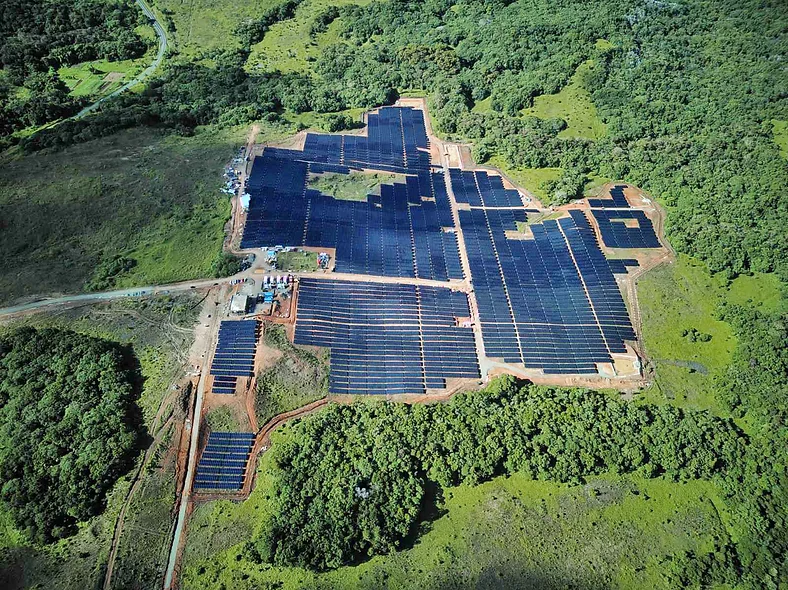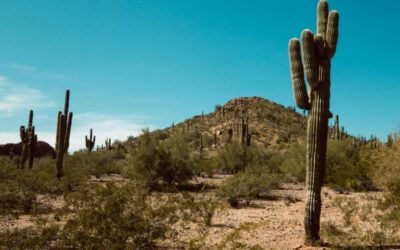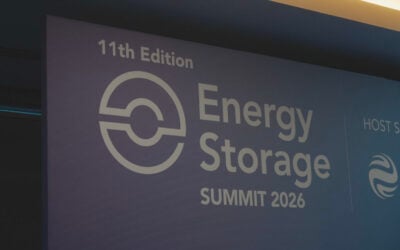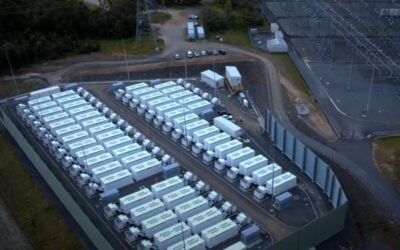
The Pacific island country of Palau has welcomed the commissioning of its first large-scale solar-plus-storage project, representing the largest power plant of its kind in the Western Pacific region.
According to its developer Solar Pacific Energy Corporation (SPEC), a subsidiary of Philippines-headquartered renewable energy company Altenergy, the hybrid system will be able to meet around 25% of the small country’s energy demand.
It pairs a 15.28MWp (13.2MWac) solar PV facility with a 10.2MWac/12.9MWh battery energy storage system (BESS), and was inaugurated on 2 June. It is located in Ngatpang state, on Babeldoab, the Republic of Palau archipelago’s largest island.
Developer SPEC has a long-term power purchase agreement (PPA) in place with the country’s utility provider, Palau Public Utilities Corporation (PPUC), for the system to feed power into the Babeldoag grid network.
Try Premium for just $1
- Full premium access for the first month at only $1
- Converts to an annual rate after 30 days unless cancelled
- Cancel anytime during the trial period
Premium Benefits
- Expert industry analysis and interviews
- Digital access to PV Tech Power journal
- Exclusive event discounts
Or get the full Premium subscription right away
Or continue reading this article for free
The private sector-led project’s total cost of around US$29 million was supported with financing from the Australian government’s Australian Infrastructure Financing Facility for the Pacific (AIFFP). AIFFP has lent US$18 million over a 17-year term to SPEC’s special purpose vehicle Solar Pacific Pristine Power (SPPP) at 4.75%, as well as making a further US$4 million grant available.
In a case study published in June last year about its investment into the project, AIFFP and the Australian Department of Foreign Affairs and Trade noted that until now, over 99% of Palau’s electricity has been generated by burning automotive diesel. That means its energy sector accounts for as much as 96% of greenhouse gas (GHG) emissions.
The project, which is also Palau’s first grid-scale solar PV plant, will contribute significantly to the country’s nationally self-determined contribution to meeting global climate targets as agreed in the Paris Accord. These include reaching 35% renewable energy, and reducing energy sector emissions to 22% below 2005 levels, by 2025.
The case study also highlighted that the project was sited and designed to minimise impact on local ecology, with Palau home to Micronesia’s native forests with largest diversity of species.
Independent expert group DNV said it assisted SPEC with the project’s delivery, including design, pre-construction and construction as well as the final stages of project completion. That meant ensuring the design of the project would allow it to function as required in both generating energy and delivering a profile of solar generation to the grid in conjunction with the battery storage.
DNV also advised on the project’s scheduling and tracking its progress, as well as running the rule over the engineering, procurement and construction (EPC) contract in place. Other work at the post-commissioning stage included rectifying some issues of non-compliance with contract specifications and certifying the project as ready for handover and issuing the relevant Final Completion Certification.
“With a project in a location as unique as the Republic of Palau, the jurisdiction itself is challenging as the project engineering codes and local requirements are very specific,” DNV energy systems project manager Michael Niu said.
“As such, it was critical that a multi-disciplinary engineering team well-versed in international codes, standards and best practices was assembled.”
In March, Energy-Storage.news reported that DNV had assisted another major milestone project for the Asia-Pacific region: a 200MW BESS on Singapore’s Jurong Island, which is currently thought to be the largest project of its kind in Southeast Asia. In that instance, the DNV team worked to a challenging timeline to help get the project online in just six months from award of contracts to completion.
Read more Energy-Storage.news coverage of off-grid, island grid, microgrids and related areas.
Energy-Storage.news’ publisher Solar Media will host the 1st Energy Storage Summit Asia, 11-12 July 2023 in Singapore. The event will help give clarity on this nascent, yet quickly growing market, bringing together a community of credible independent generators, policymakers, banks, funds, off-takers and technology providers. For more information, go to the website.





